
To stand out from the crowd, veterinary practices must take advantage of every online opportunity to showcase their offerings and exceptional service.

To stand out from the crowd, veterinary practices must take advantage of every online opportunity to showcase their offerings and exceptional service.

On this episode of The Vet Blast Podcast, Dr. Christman talks with Andrew Luna from Vetstoria about the many ways technology can be used to increase productivity in veterinary practice.

The year that most of us would rather forget is challenging us once again to adapt and overcome. Here is some advice for maintaining sanity in your home as kids return to school.

The demand for equity, diversity, and inclusion is being heard throughout the nation. In the veterinary profession, affinity groups are demanding less talk and more action.
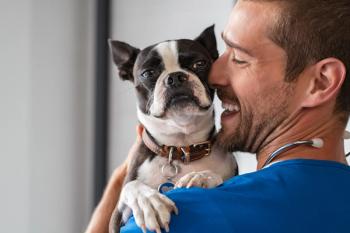
How to change your outlook and maintain gratitude when the going gets tough.
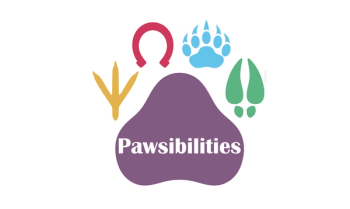
Pawsibilities connects individuals from underrepresented groups and offers mentorship opportunities.
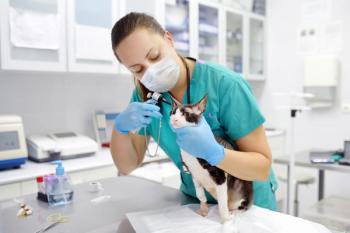
A healthcare financial expert shares strategies for increasing sales and traffic at your practice despite changes brought on by the pandemic.

The long-running organization is partnering with its student-run arm, Pride Student VMC, to create scholarship and mentorship opportunities.

Check out this week's top veterinary headlines.
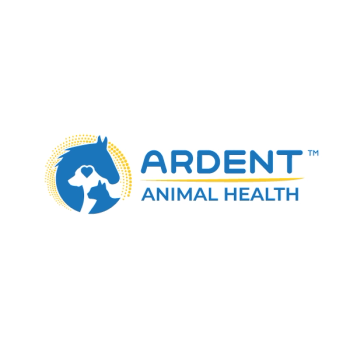
Under new ownership and leadership, the company reasserts its mission of providing affordable, innovative therapies for canine joint disease and cancer.

Ideas for improving client relationships during curbside care that don’t cost much but have a big payoff in terms of bonding clients to your practice well beyond the pandemic.
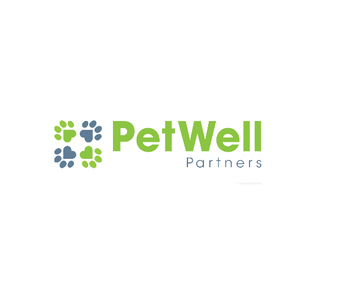
The company welcomes Debbie James and Michael Cavanaugh, DVM, whose combined expertise is expected to create more growth opportunities for the hospital chain.

On this episode of The Vet Blast Podcast, Dr. Adam Christman is joined by orthopedic surgeon David Dycus, DVM, MS, CCRP, DACVS, who shares the unique evolution of his career in veterinary medicine.

The WSAVA Global Nutrition Committee and Royal Canin have joined forces to help promote the distribution of credible pet nutrition resources.
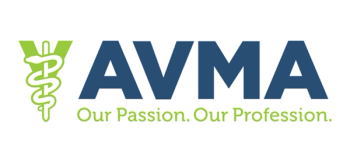
This new comprehensive guide highlights the latest scientific learnings and regulatory information on cannabis-derived products in animals.

There have been no reports of illness related to any of the products recently recalled by Sunshine Mills, Inc.
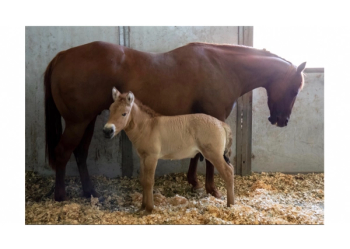
The colt, born at a Texas veterinary hospital, sheds light on the importance of genetic rescue of endangered wildlife species.

Registration is now open for our November Fetch dvm360 virtual conference, which combines 3 of our exclusive annual live events: Fetch Indianapolis, Fetch San Diego, and the Atlantic Coast Veterinary Conference.

In this episode of The Vet Blast Podcast, Dr. Christman is joined by veterinary neurosurgeon Dr. Antonio Bowens, who shares his journey to becoming a traveling neurologist.
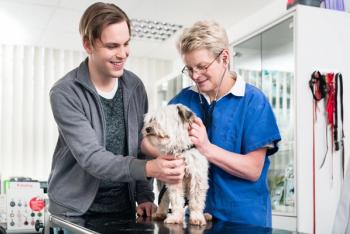
The diagnostic power of veterinary wellness visit screenings is undeniable, but deciding what tests should be run for all your patients is daunting. Here’s a guide to doing it right.

Check out this week's top veterinary headlines.
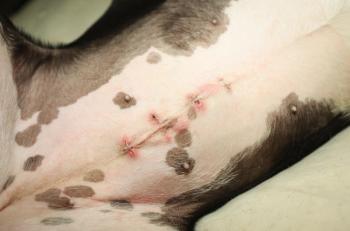
A new study connects disease risk for joint disorders, cancers, urinary incontinence, and pyometra with reproductive status and sterilization timing in different canine breeds and both sexes.

A team from the University of Minnesota College of Veterinary Medicine has released a free, first-of-its-kind handbook on antimicrobial stewardship for companion animal veterinary clinics.

To commemorate the 19th anniversary of 9/11, we share a few touching tales of some of the heroic dogs that saved lives and comforted many first responders.

When combined, the company will be the fourth largest pet insurance entity in the United States.

In this episode of The Vet Blast Podcast, a certified compassion fatigue professional shares his framework for positive leadership in the veterinary community.
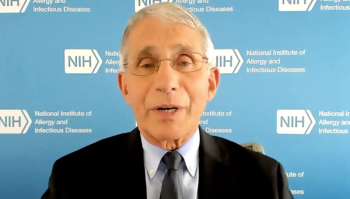
Closing the AVMA virtual conference late last month, Dr. Anthony Fauci updated attendees about COVID-19 and thanked them for the work they do to promote animal and human health.

The guidelines stress the importance of individualized vaccine recommendations based on a host of factors related to patient exposure and susceptibility risk.

In this episode of The Vet Blast Podcast, Dr. Michael Jaffe outlines the nonpharmaceutical measures that can—and should—be used to manage canine osteoarthritis.

During the opening keynote at the AVMA Virtual Convention last month, a financial expert discussed the true meaning of wealth and the importance of self-care in achieving success.